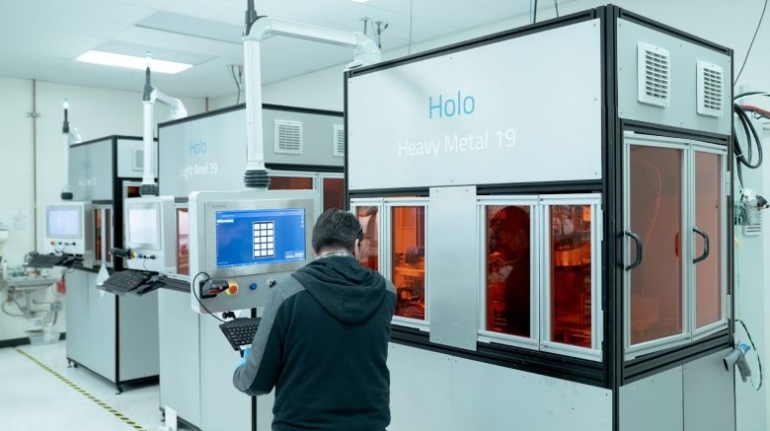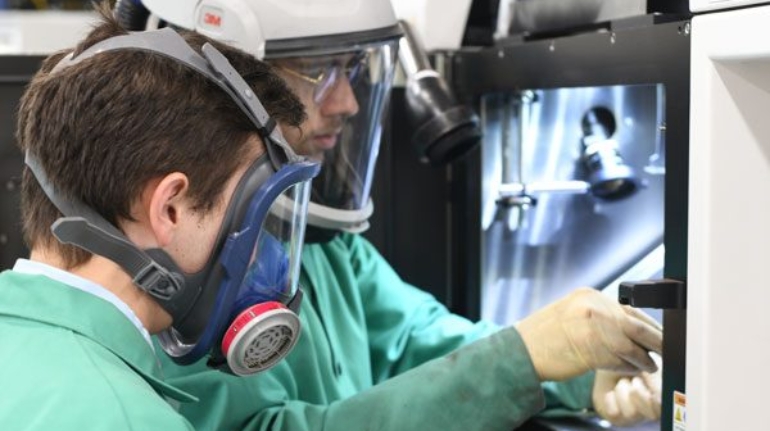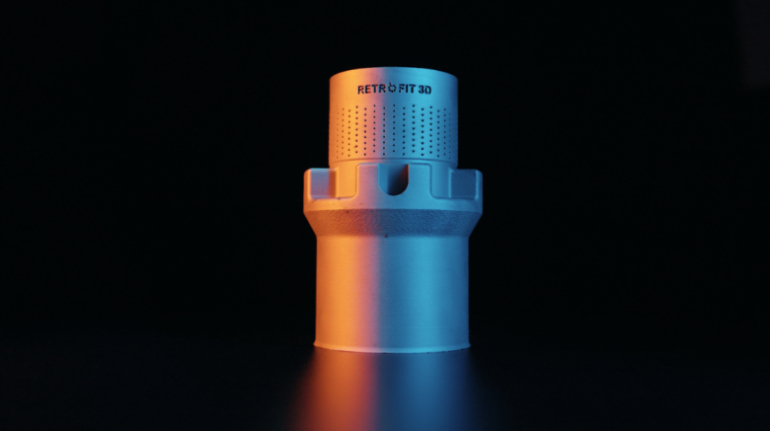Holo appoints David Benhaim to Board of Directors AM Industry
Holo, a Silicon Valley-based metal additive manufacturing company, has appointed David Benhaim, a successful entrepreneur with high-profile leadership experience in the AM industry, to its Board of Directors.




